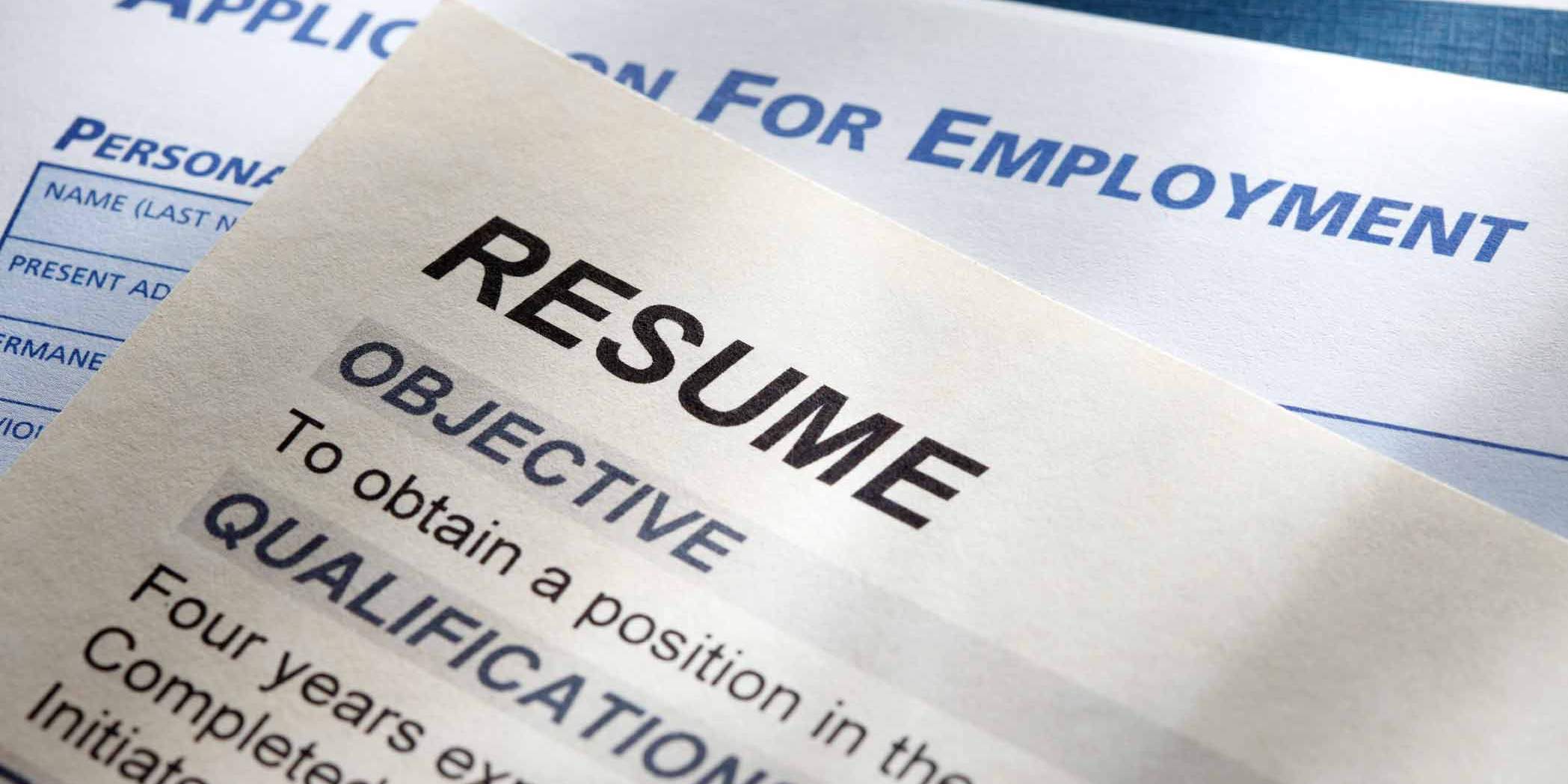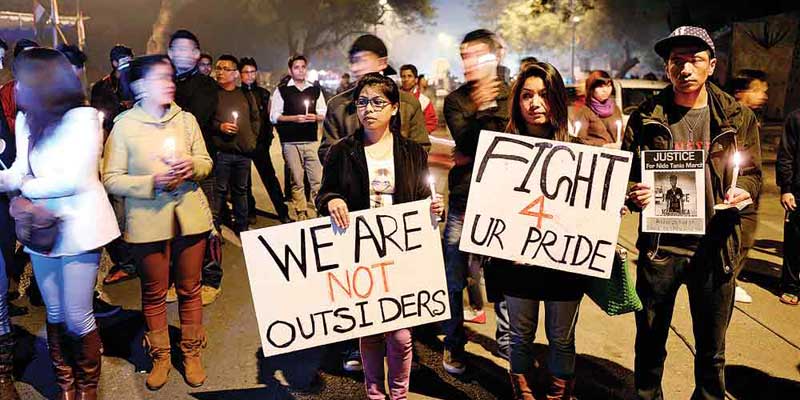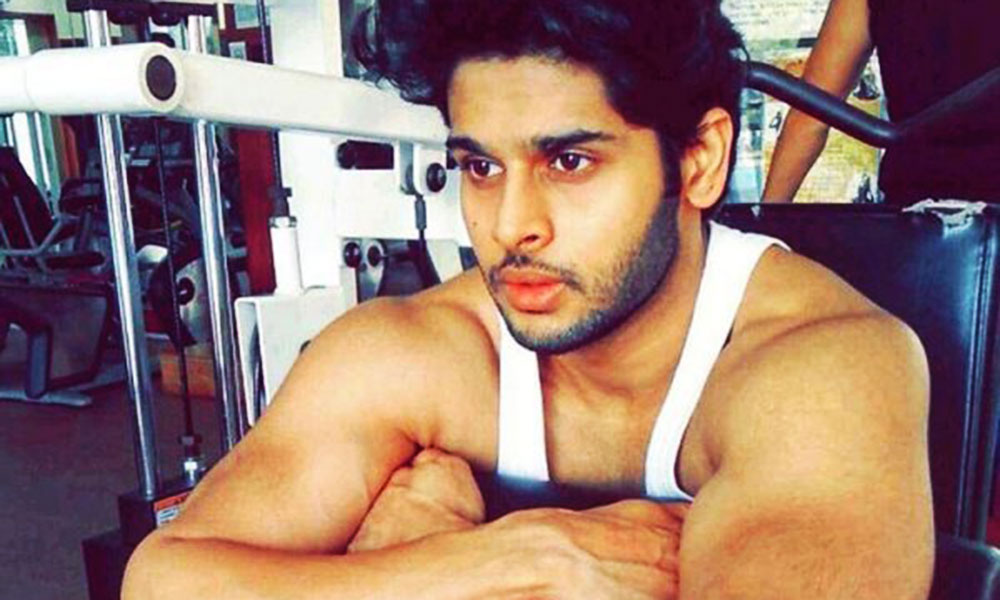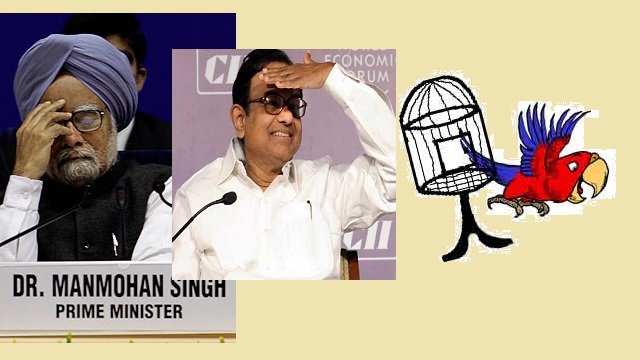Charting out your life’s objectives in one simple page could be difficult. Your CV is supposed to speak for you in your absence, as it’s your first shot at a job opportunity.
Charting out your life’s objectives in one simple page could be difficult. Your CV is supposed to speak for you in your absence, as it’s your first shot at a job opportunity. This sheet of paper or digital page gives your prospective employers the reason why should they call you for an interview.
So, we suggest a few things you should probably think about, before sending your resumes.
Objective statement
While going through your CV, the first thing your employer will look at, is your objective. The next thing that they do, is to see if your objective matches the job profile. You are supposed to list your key skills and aims that makes you look like a professional. Using big words, to sound knowledgeable is a big no-no here. Say, if you are applying for a job as an editor in a magazine, please do NOT use something like, “I want my wagon to take off in mass media.” That would make your prospective employer laugh rather than keeping your CV in the list of interviewees.
Formatting your CV
Put up to two decimal places of your result figures on your CV. If you had a credit system of evaluation, write your result as 3.24/4.00 or 7.00/10.00. If you had a percentile system of evaluation, write your percentage as 75.00% or 80.00%. Don’t forget to capitalize the first letter of every sentence. Also, unlike an article or an answer in the exam paper, do NOT capitalize any word in the middle of a sentence. That might give the interviewer a negative impression of you.
Achievements
People generally tend to confuse responsibilities with achievements. Responsibilities are the things, which were assigned to you and achievements, are those things, you can say, that you bagged. Also, getting first prize for an essay on Pollution in 10th standard is not a type of achievement, you’d want to mention on your CV.
Secondly, your employer may not have the time to go through each and every achievement of yours. So what do you do? You underline or bold the important words, so that your employer gets a faint idea of what have you done till date. Do NOT emphasize on team achievements.
Professionalism
Make sure your CV sounds like a professional’s. While adding your contact information, see to it that your email id looks like a professional mail id, like- shreya.kashyap@gmail.com and not like shreya_ilovedonuts@gmail.com. Funny, is it not? The employer would be of the same opinion. If you’re applying for a job which is relevant to the curse you studied in college, mention a few subjects you studied as your interests. But be sure that you are aware about the basics of the subject.
Physical Proof
It is always good to mention on your CV that you have a physical proof of. If you were on the editorial board at college, get a hard copy of the college magazine. If your article was published in a paper or if you had interned in an organization, make sure you have a hard copy of the paper or certificate from the organization with you, while you go for the interview.
Lastly, just for your information- Interviewers are smart. They know when you are being genuine and when are you pretending. So, be sure to include only those things in your CV which you have a true knowledge and experience of. There are very little things, that can save your resume from getting dismissed. So, make sure that your CV is a mirror image of yourself.





